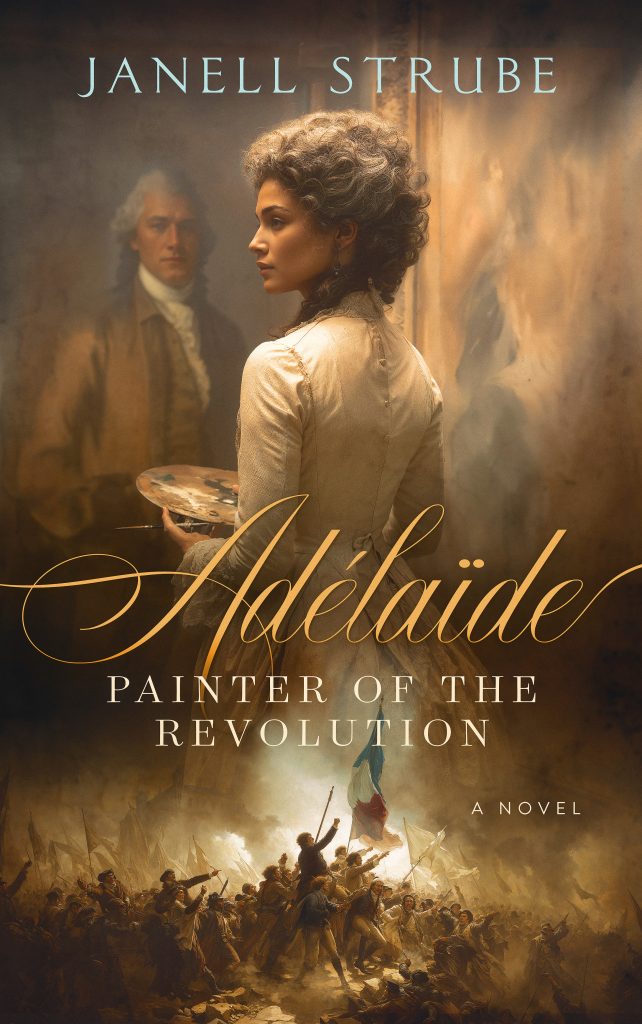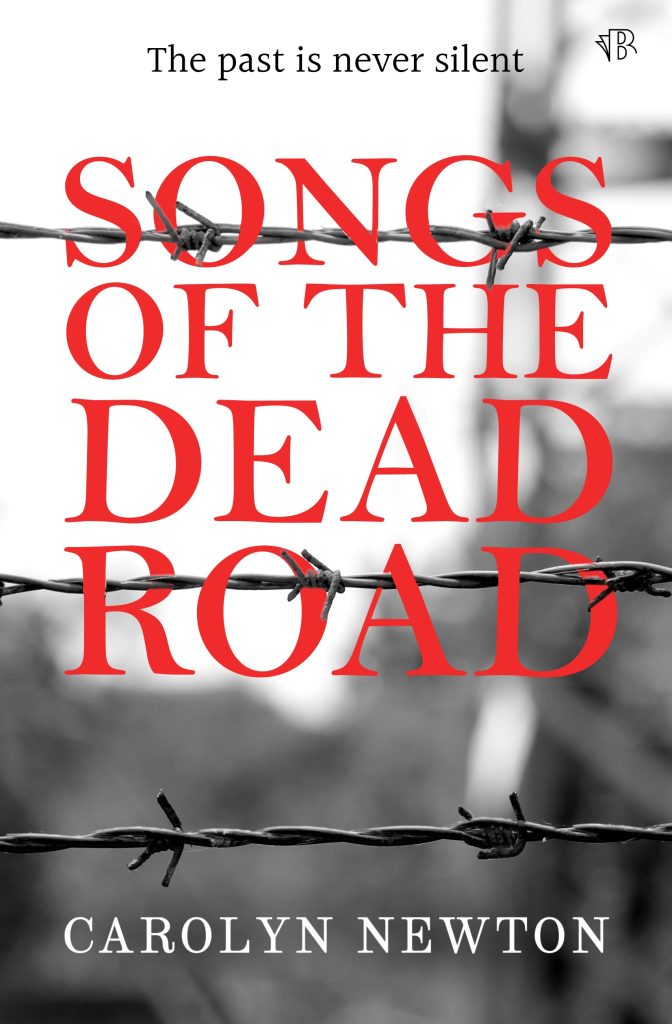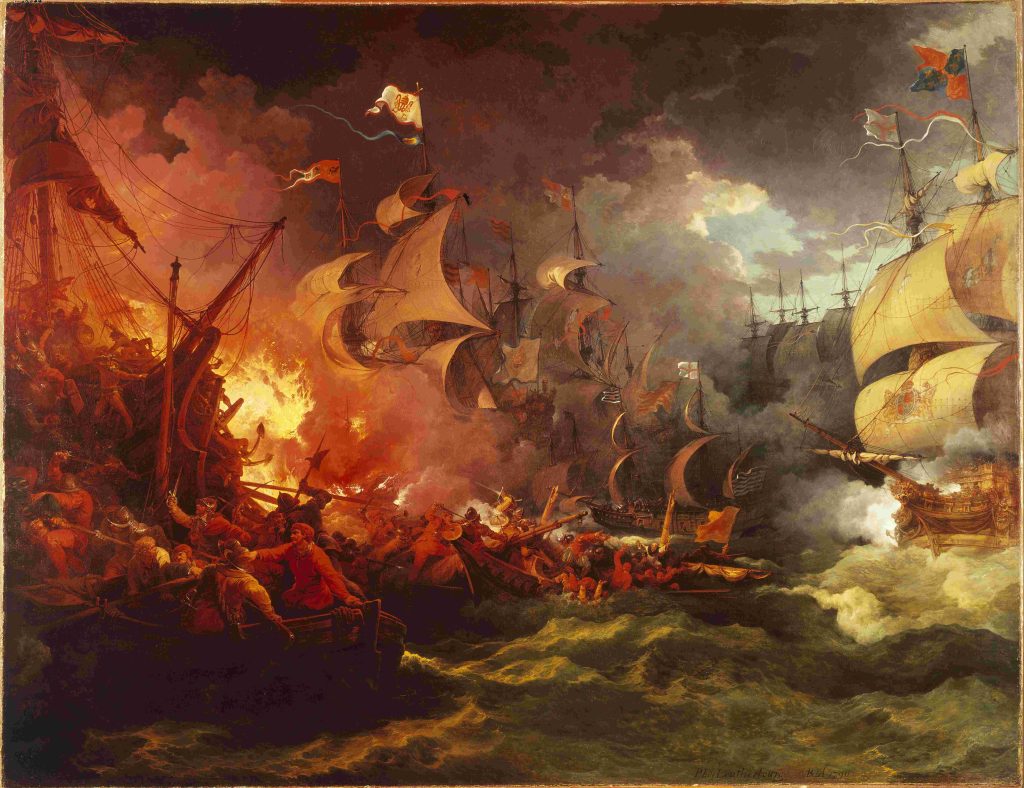The Lost Prince
In 1898, Eleanor Burden, a young Bostonian, returns home from Vienna with a remarkable journal, which foretells the events of her lifetime. Although Eleanor is unable to prevent evil, she knows she will accomplish great good.
Guided by foreknowledge, Eleanor accumulates a fortune. She marries and has a family. Concurrently, she locates specific individuals destined to play an important part in her life and the achievements foretold in the journal.
Eleanor brings the finest minds in Europe to the United States, enriching the national culture (and this novel) by exposure to genius. The competition between Freud and Jung evolves out of conversations with Eleanor who, at times, guides their thinking. Her influence also becomes important in the worlds of art, literature, and music.
All proceeds according to plan. Then, during the 1914-18 war in Europe, a man destined for an essential task is killed, calling the reliability of the journal into question. Eleanor’s plans, everything she lives for, may be false hopes—unless the man is still alive. She travels war-torn Europe hoping to find one man alive among the thousands injured or, at least, to know why he died. Only then, do we understand the true significance of the journal.
We also know more war lies ahead for Europe—but this is not a depressing story. To observe the role of predestination vs. the exercise of free will in Eleanor’s life is to recognize the power of one person’s courage, resilience, and, above all, love.
The Lost Prince is the standalone sequel to Selden Edwards’ 2009 novel, The Little Book, which tells what happened in Vienna. Both novels are entertaining, thought- provoking, and highly recommended.










